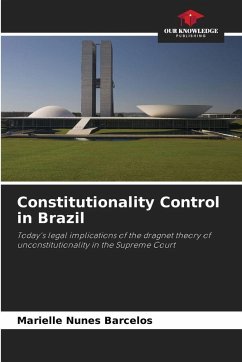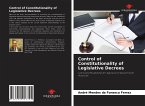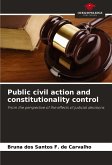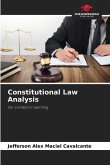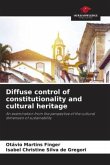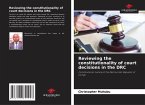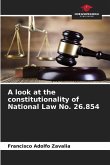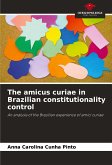Constitutionality control in Brazil presents the problem of compatibility between norms and the Constitution. The aim of this work was to conceptualize, address and exemplify the issue of the Theory of Unconstitutionality by Dragging. Therefore, it was necessary to weave together some of the influences of constitutionality control systems, and their evolutionary process in the Brazilian Constitutions. The main focus is to point out the legal implications of this theory, at the institutional, principiological and decision-making levels. To this end, the following sources were used: scientific articles, doctrines, book chapters, articles from specialized electronic journals and case law. The social reason for choosing this topic is to demonstrate that there are tools in constitutionality control that allow society to participate in judicial decisions in a democratic and pluralistic way, helping to achieve harmony between the Legislative, Executive and Judicial branches. The conclusion is that the Dragnet Theory of Unconstitutionality is a decision-making technique adopted by the Federal Supreme Court, which emerged from a jurisprudential construction.
Bitte wählen Sie Ihr Anliegen aus.
Rechnungen
Retourenschein anfordern
Bestellstatus
Storno

